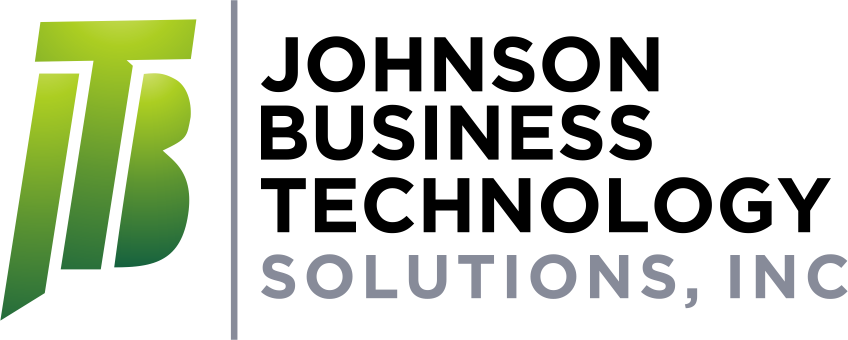August 18, 2025
While you and your team return from vacation, cybercriminals remain relentlessly active. Research from ProofPoint and Check Point reveals a notable surge in phishing attacks during the summer months. Here's how to stay vigilant and safeguard your business.
Why Are Cyber Threats Rising in Summer?
Cyber attackers exploit the summer travel season by mimicking hotel and Airbnb websites, according to Check Point Research. They detected a 55% rise in newly registered travel-related domains in May 2025 compared to last year. Out of over 39,000 domains, one in 21 was flagged as suspicious or malicious.
Additionally, the late summer back-to-school period triggers an increase in phishing emails impersonating universities, targeting students and staff alike. Even if your business isn't directly affected, employees accessing personal emails on work devices could inadvertently expose your company to cyber risks with a single click.
How to Protect Your Business
While AI enhances cybersecurity defenses, it also enables cybercriminals to craft more convincing phishing attacks. That's why educating yourself and your team on recognizing threats is critical to preventing breaches.
Follow these essential safety measures:
• Vigilantly scrutinize suspicious emails. Don't rely solely on spotting typos or poor grammar—AI can generate polished messages for attackers. Always verify the sender's email address and inspect link URLs carefully.
• Verify URLs thoroughly. Watch for misspellings or unusual domain extensions like .today or .info, which are commonly used in fraudulent sites.
• Access websites directly. Instead of clicking links in emails, manually type the website address or use a trusted search engine.
• Enable Multifactor Authentication (MFA). MFA adds an extra security layer, ensuring your credentials and sensitive data stay protected even if a breach occurs.
• Exercise caution with public WiFi. Use a VPN when connecting to public networks, especially when handling sensitive information like bookings or banking.
• Avoid accessing personal emails on work devices. Keep personal and professional accounts separate to minimize risk.
• Consult your MSP about endpoint security. Endpoint Detection and Response (EDR) tools monitor devices, block phishing attempts, and alert your team immediately in case of threats, significantly reducing data exposure.
Phishing tactics grow increasingly sophisticated, accelerated by AI advancements. The most effective defense is a well-informed team. Stay alert, stay educated, and keep your business secure.
Kick off the season with confidence—click here or give us a call at 615-989-0000 your FREE 15-Minute Discovery Call today.





